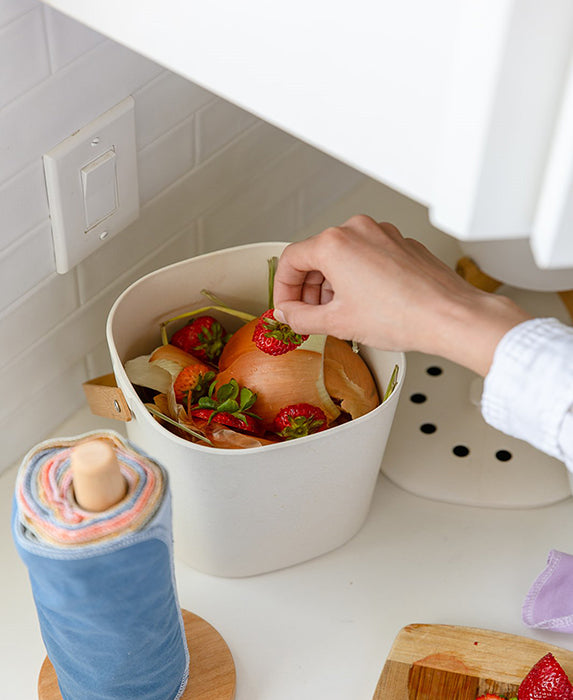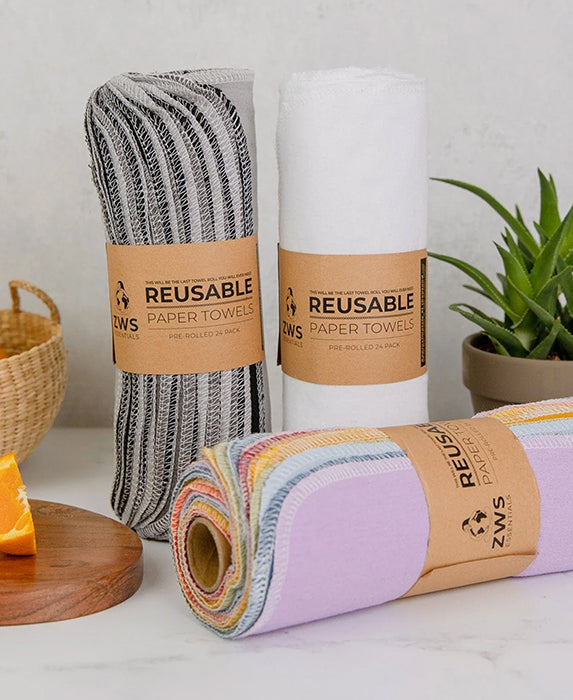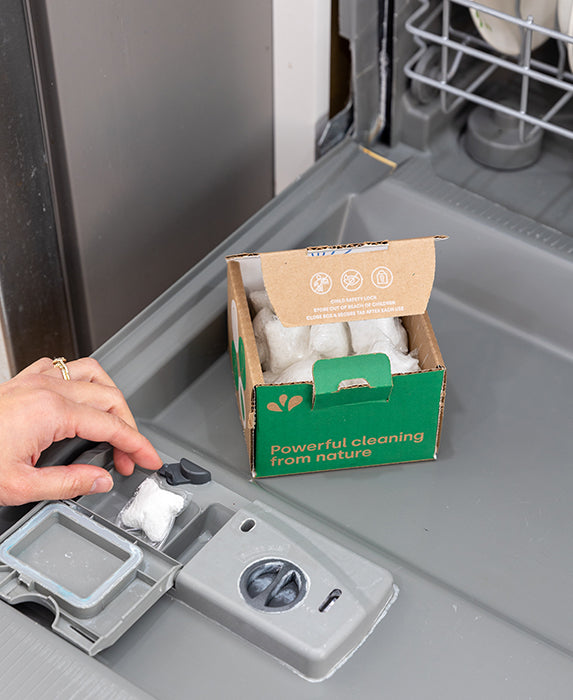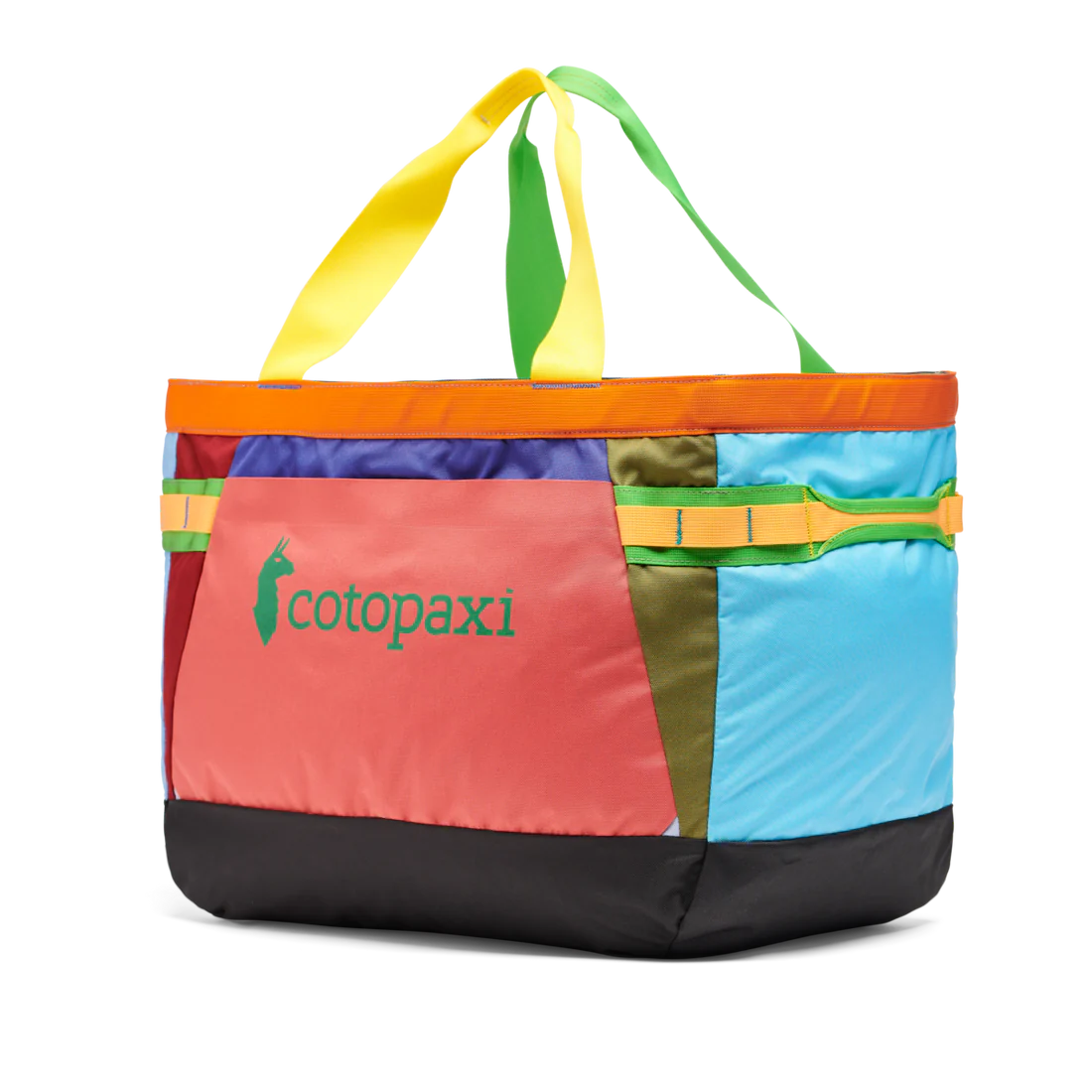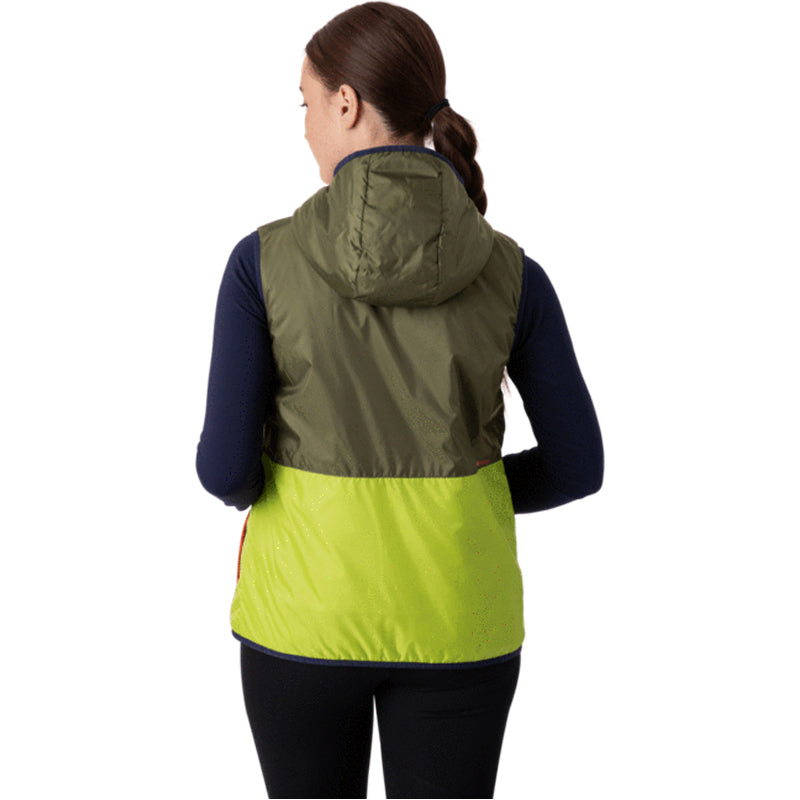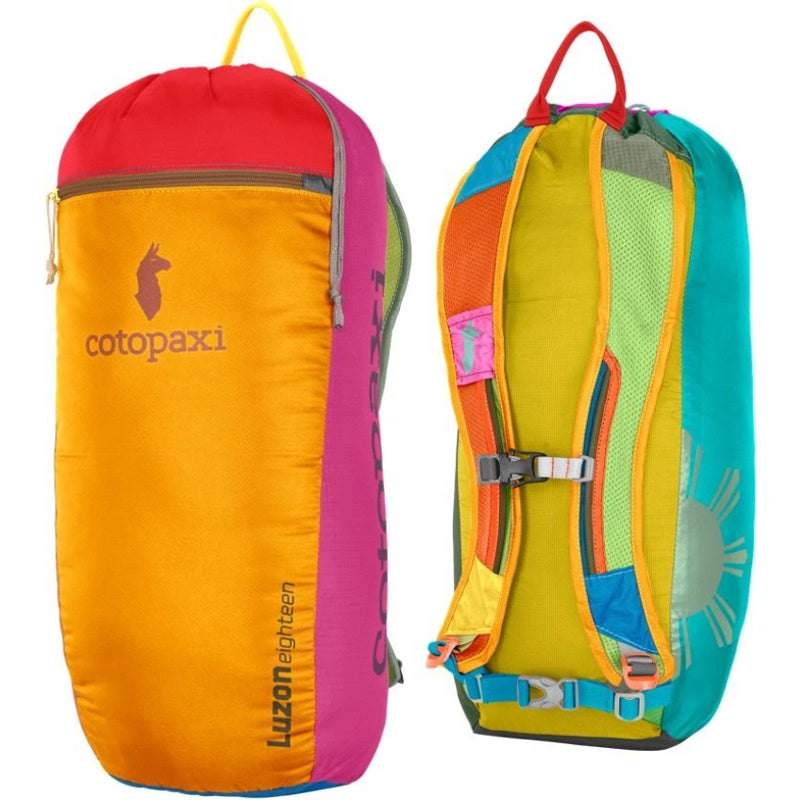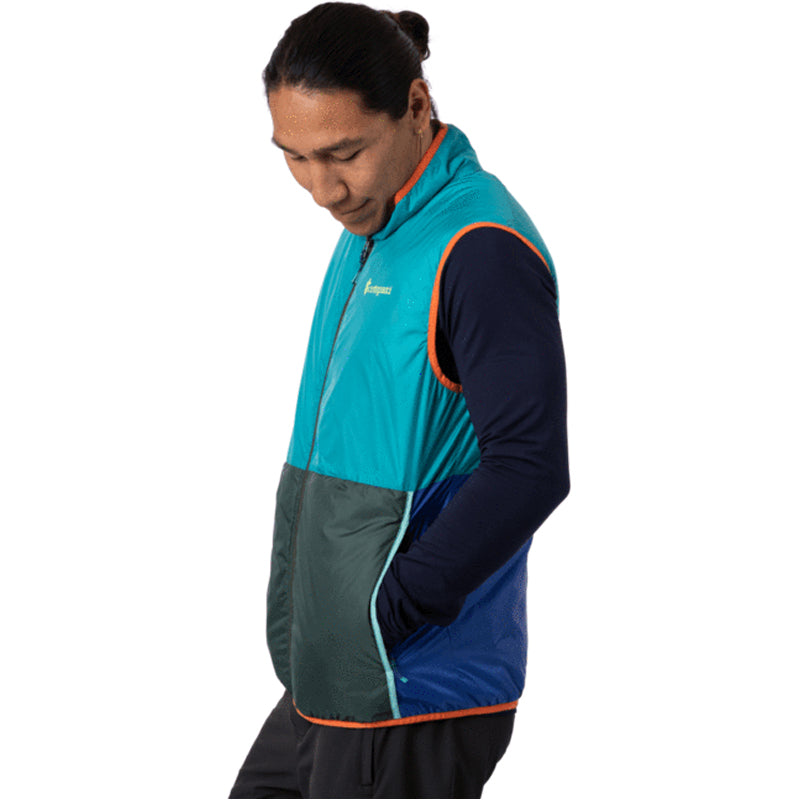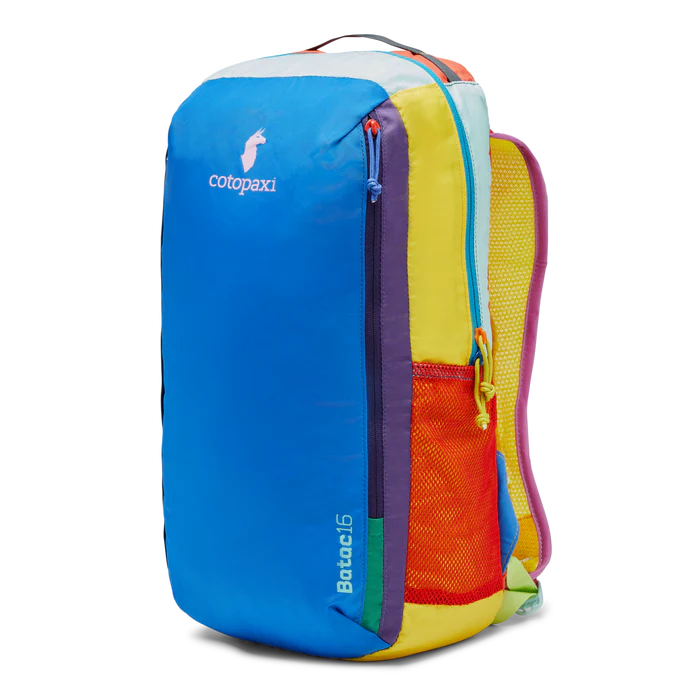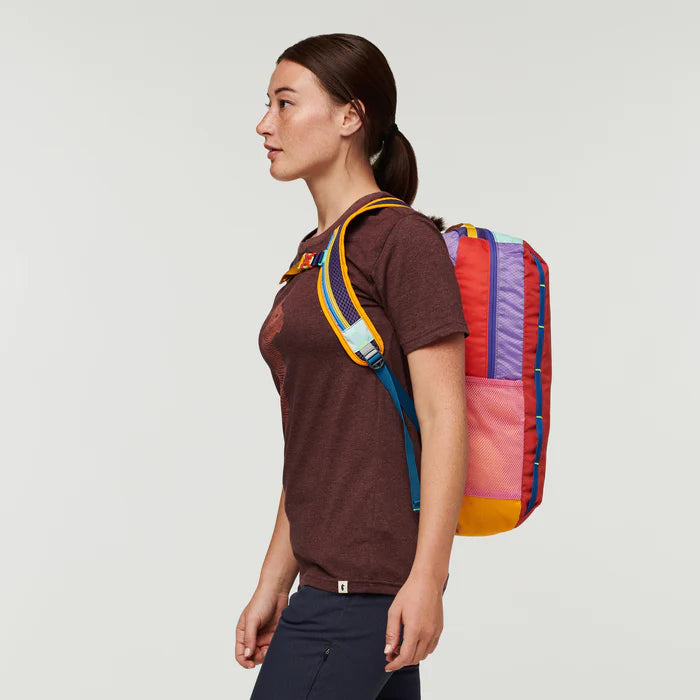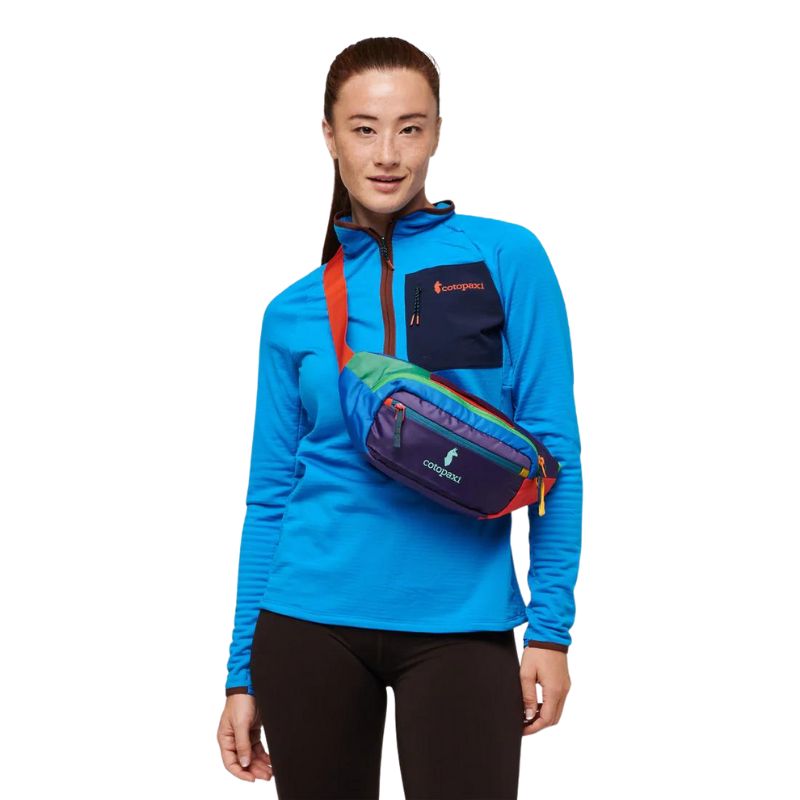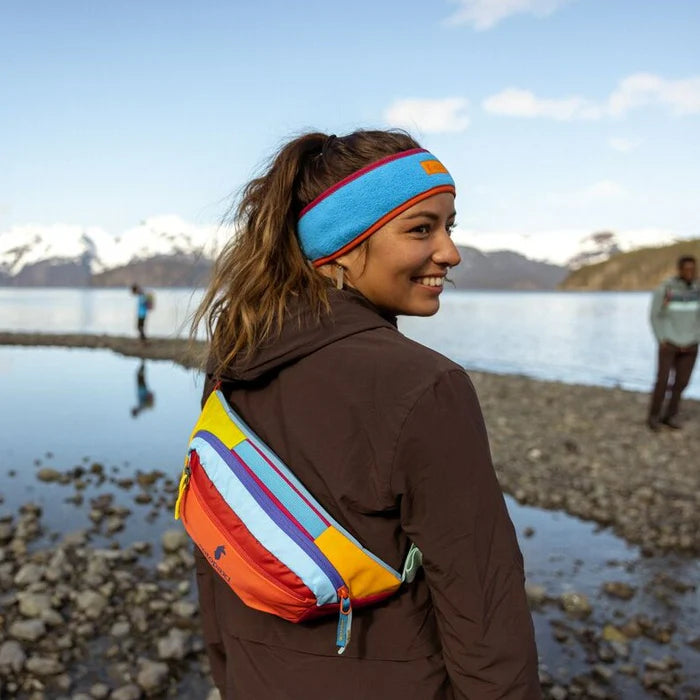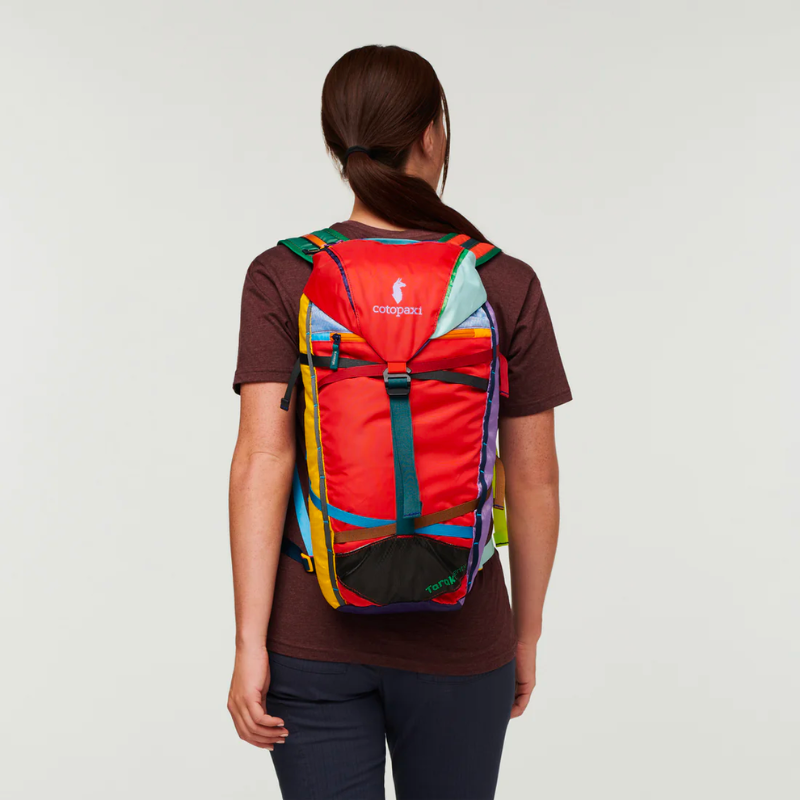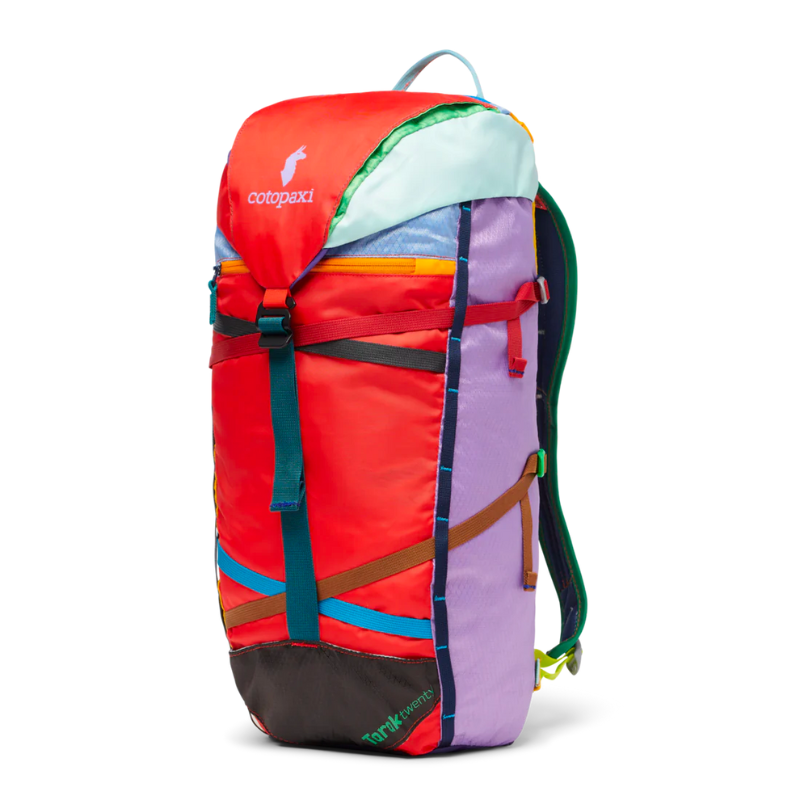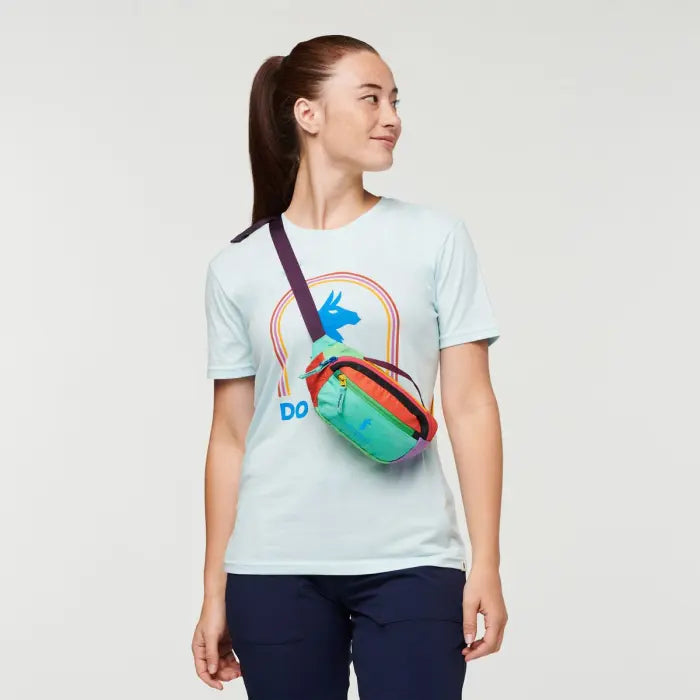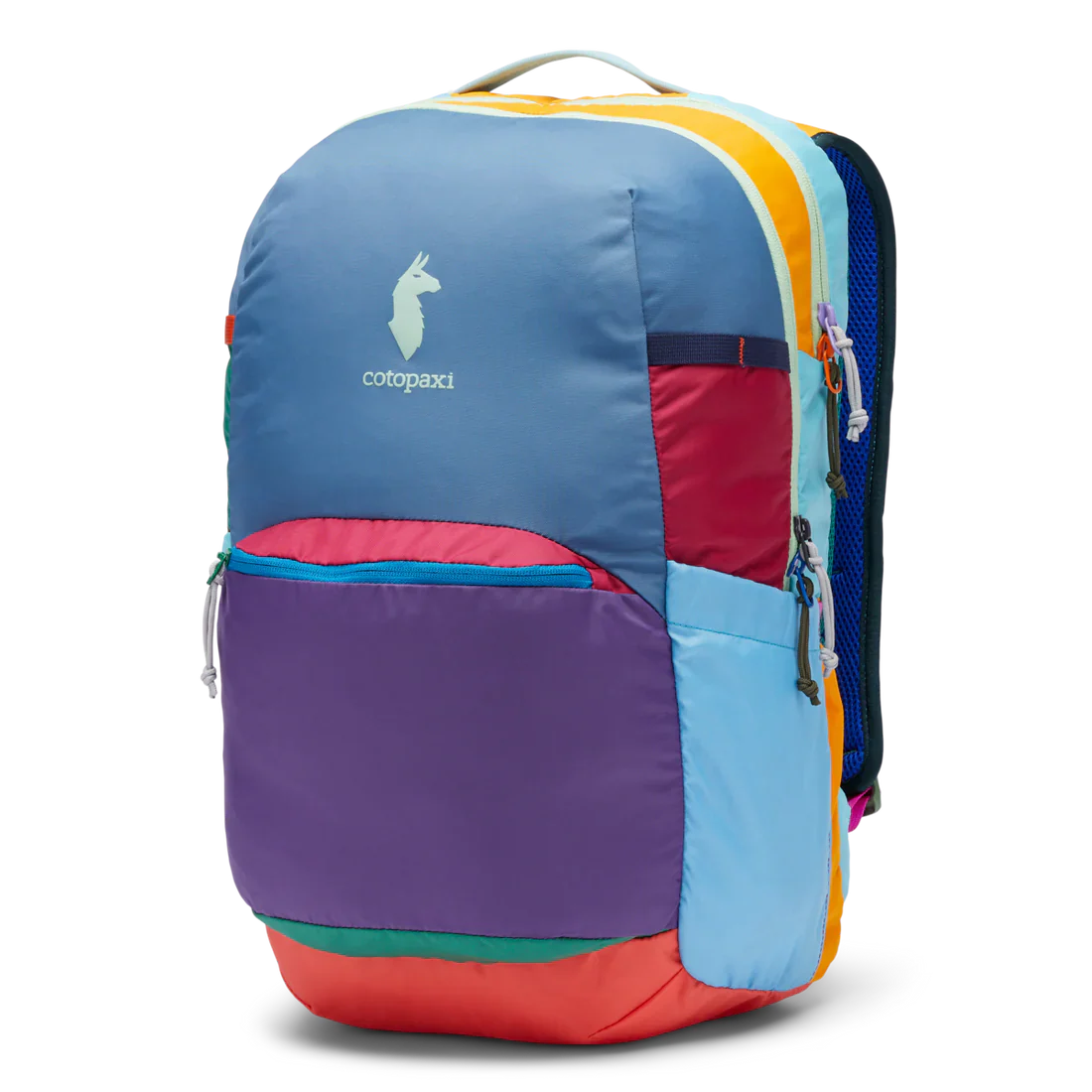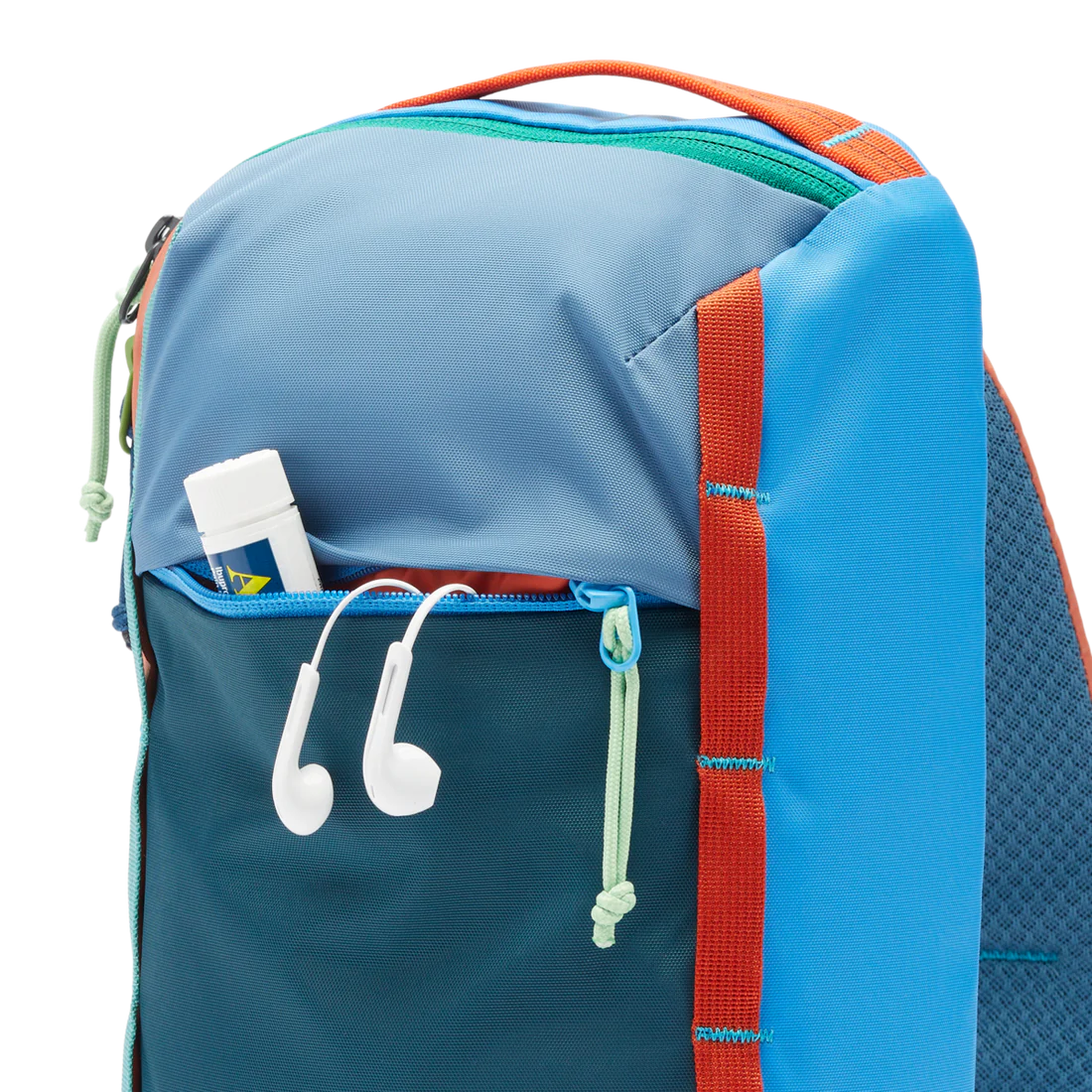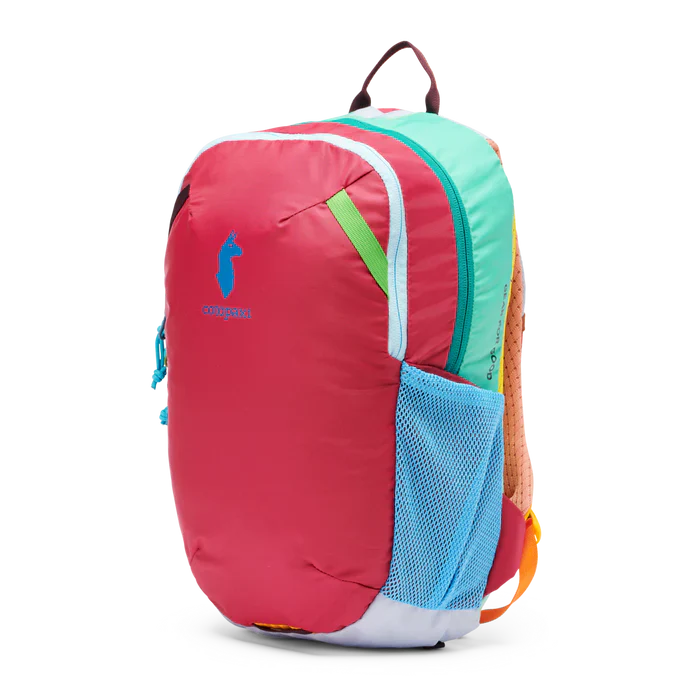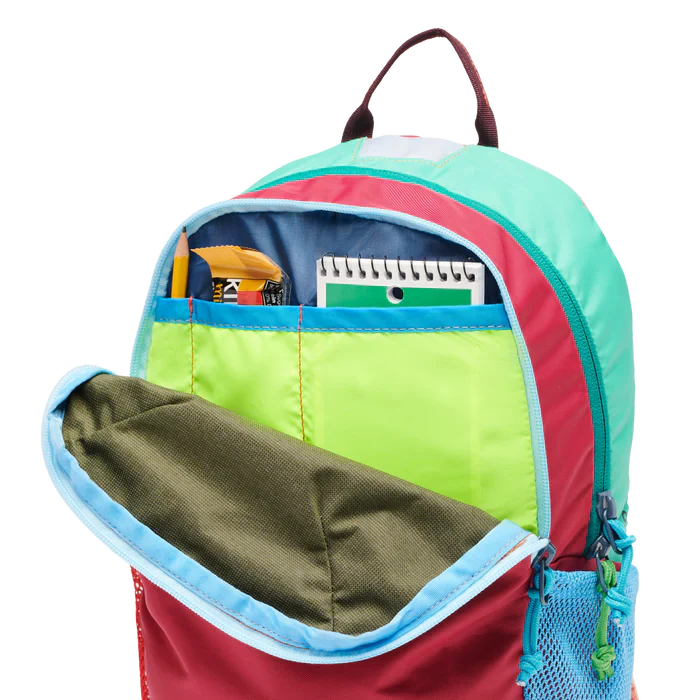
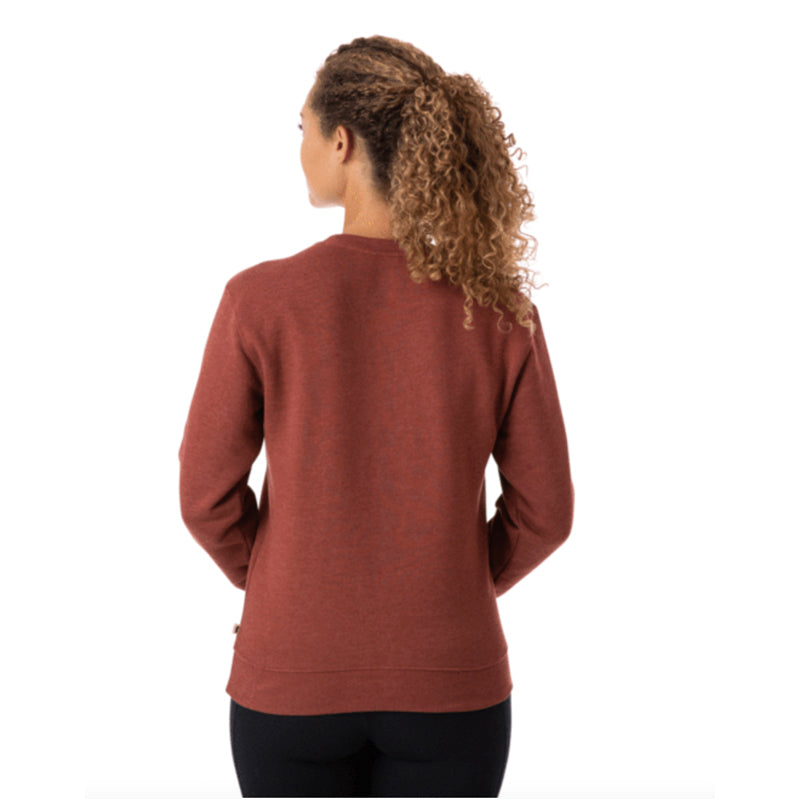
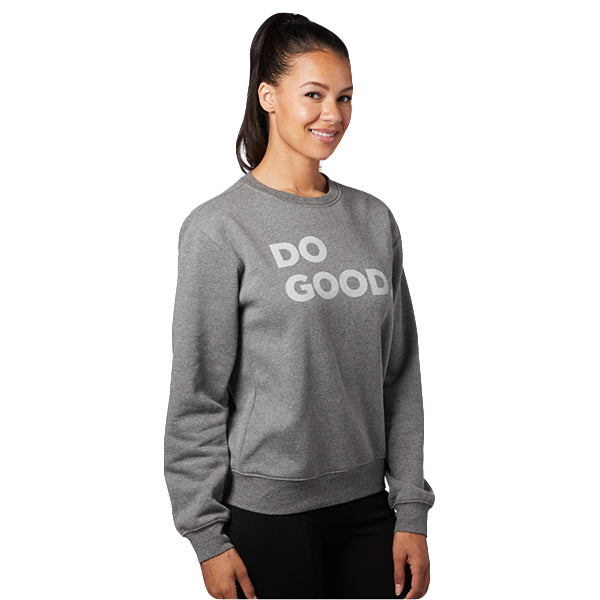
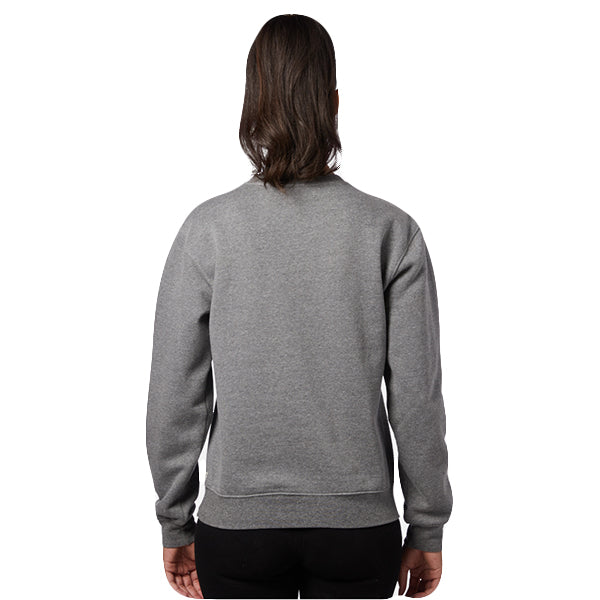
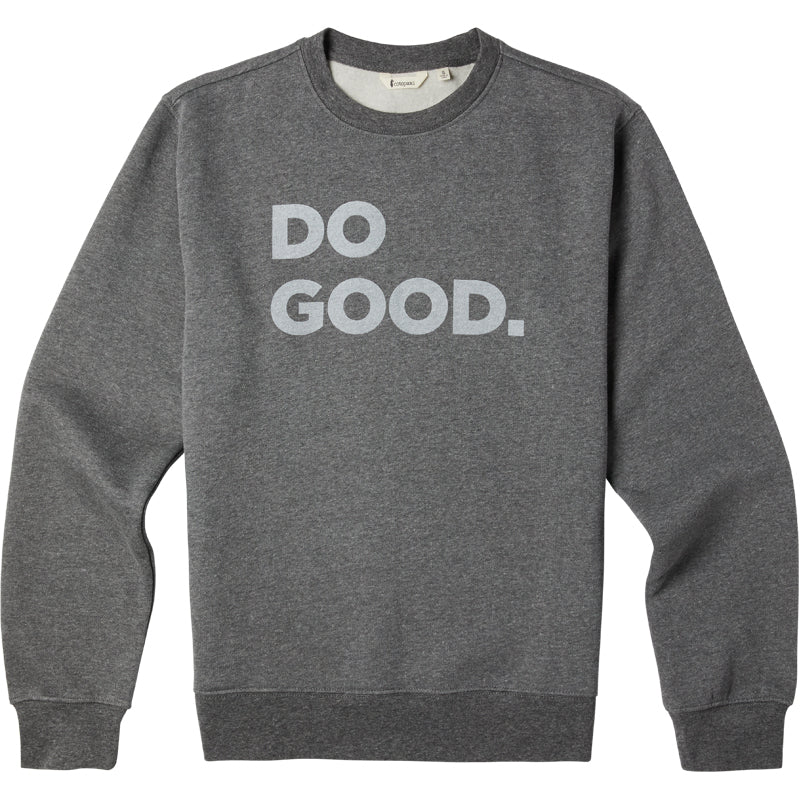


Notify me when back in stock
Enter your email to be notified when the product is back in stock.
Please enter a valid email address
Thank you. You will be notified when this product is back in stock.
Get 65 points when you purchase this product!
Packaging
- Ships plastic free in packaging made from recycled content
- Shipping packaging is recyclable
Origin
- Proudly designed in Utah, ethically made in India
Certifications
- Cotopaxi is a Certified B Corporation
- Cotopaxi donates 1% of their annual revenue to non-profit partners dedicating to alleviating poverty and aiding humanitarian causes worldwide
- Cotopaxi is Climate Neutral Certified, meeting net-zero or better carbon emissions through measuring, offsetting, and reducing their carbon footprint
Materials
- 60% organic cotton and 40% recycled polyester
Product Features
- Eco-friendly crew neck sweatshirt made from organic cotton and recycled polyester
- Ethically made in a Fair Trade facility
- Ribbed cuffs, hem, and collar
Warranty
- Unused, undamaged products in their original product packaging can be returned within 30 days
Shipping Info
- Ships same business day!
Returns
- Sale items may be returned within a 30-day period, provided they are in their original packaging, unworn, and undamaged. Should you opt for a return, please be advised that you will be responsible for covering the associated shipping costs. The return process will result in the issuance of Store Credit once product is received back at our warehouse. Should you opt for an exchange, please be advised that you will be responsible for covering the associated shipping costs.
Product Care
- Machine wash, tumble dry on low heat
End of Life
- Donate!
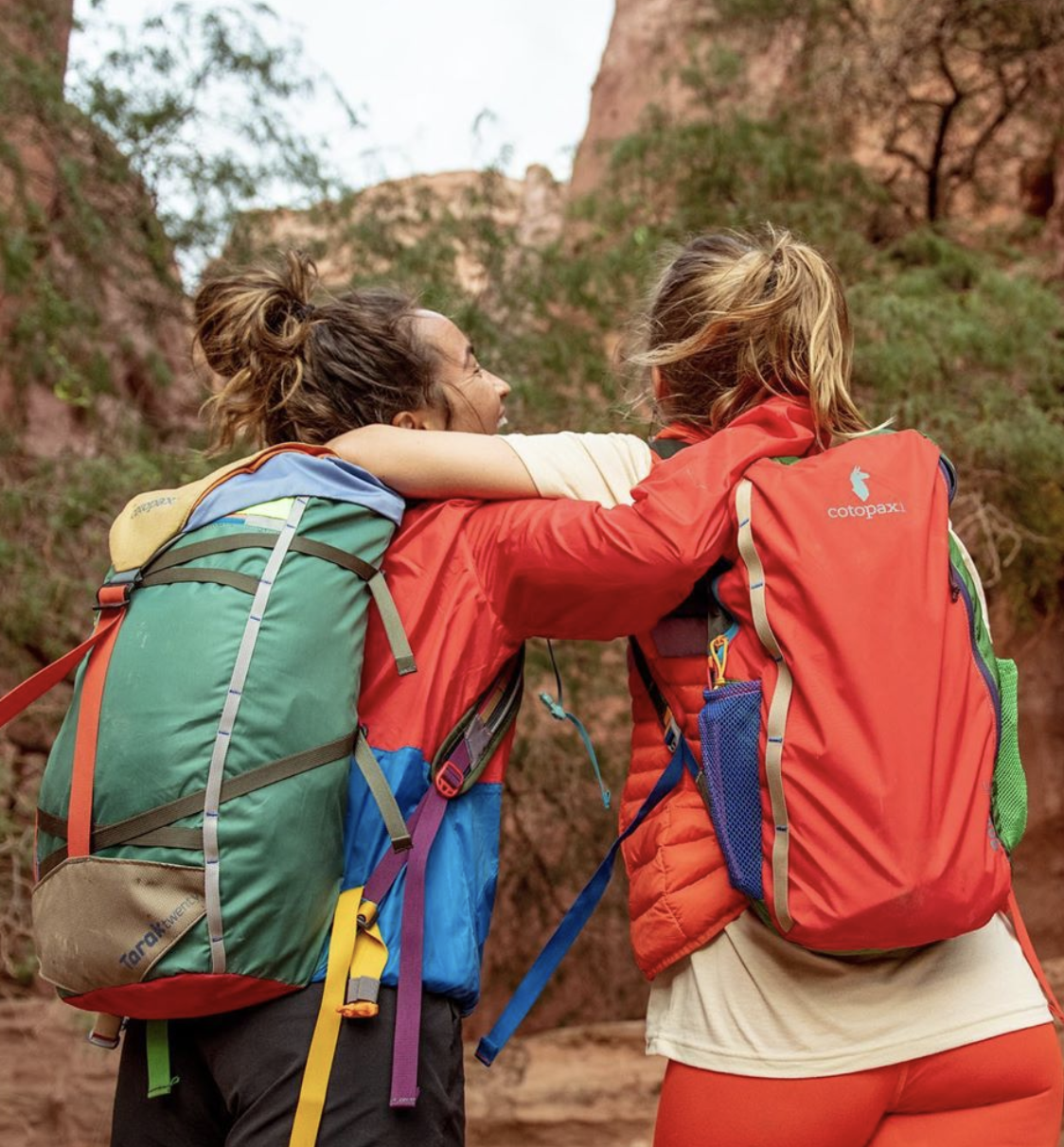
Cotopaxi
By supporting Cotopaxi, you're supporting a company whose purpose is to promote equality, sustainability, and improve the human condition by donating to those in need. Founder Davis Smith's love for the outdoors and drive to support the underprivileged areas of the world lead to the creation of Cotopaxi. Through their sale of ethically and sustainably made backpacks, duffel bags, and other outdoor gear, Cotopaxi contributes 1% of their yearly revenue towards providing grants to nonprofit organizations that promote equality in developing areas of the world. To date, they have provided 42 grants to 6 different countries! To confirm their commitment to social and environmental welfare, Cotopaxi is also a B Corp certified company, ranking in the top 10% of registered B Corporations! Click below to learn more about why we love Cotopaxi!
See Cotopaxi
